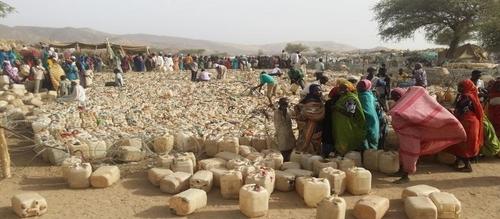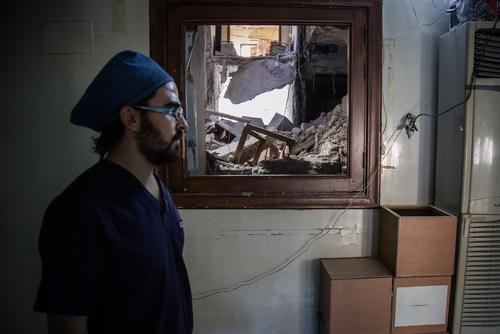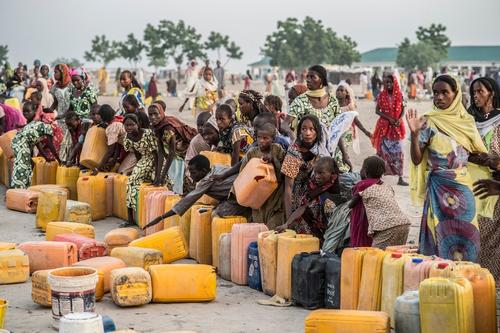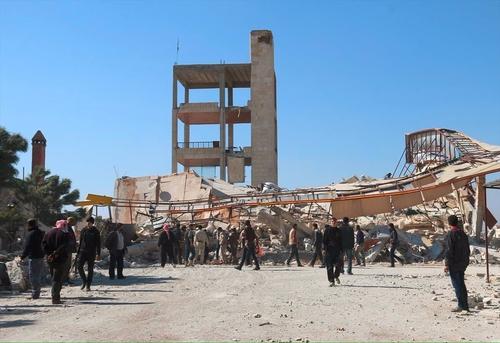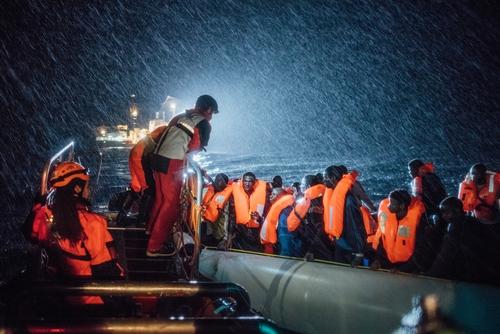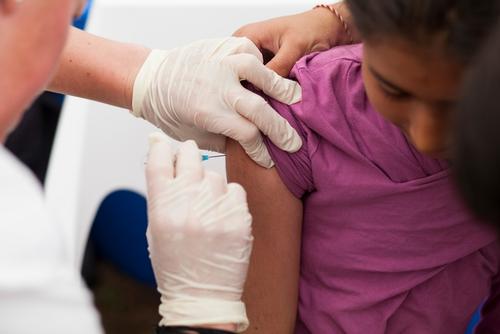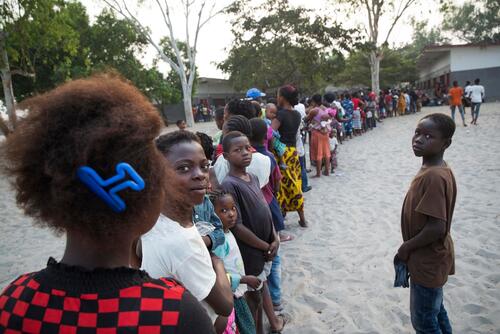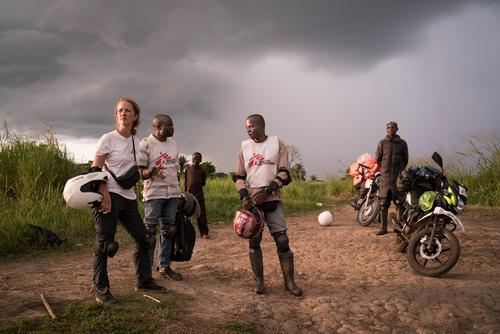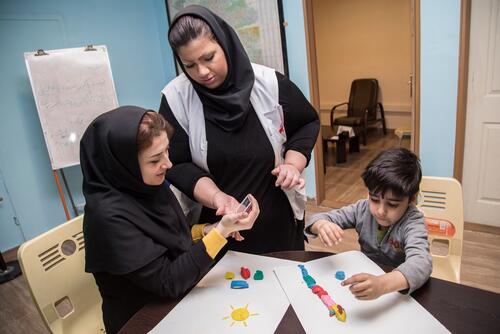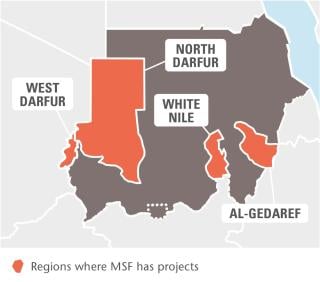
309,900
309,9
29,500
29,5
19,900
19,9

4,500
4,5
In early 2016, fighting displaced over 160,000 people in Jebel Mara to camps around the area. MSF responded by deploying its North Darfur Emergency Response team to set up a health centre in Sortoni and increased operations in Tawila.
By December, Tawila had a population of 41,000 established displaced people and another 27,000 who arrived during the Jebel Mara emergency. The overwhelmed health facility managed to provide 108,933 outpatient consultations and admitted 4,878 to the inpatient department. Malnutrition, diarrhoeal diseases and malaria were the main reasons for admission.
At the new project in Sortoni, MSF treated 40,616 outpatients and 474 inpatients. The project also provided nutritional services to 812 children and vaccinated 9,683 children against measles.
MSF was active in the gold mining area of El Sireaf, where clashes between local and nomadic groups had taken place. In all, 51,000 outpatient and inpatient consultations were carried out.
At Dar Zaghawa, four MSF-run health centres offered medical care, with a particular focus on mothers and children.
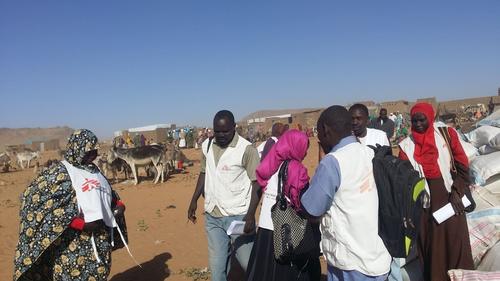
Paediatric care in West Darfur
In El Geneina town, West Darfur state, MSF teams supported three primary health centres until the end of 2016. During a peak in malnutrition between September and November, MSF helped El Geneina governmental hospital to manage 129 severely malnourished children with medical complications.
White Nile state
MSF runs a 40-bed hospital outside Kashafa camp in White Nile State, where over 17,000 refugees from South Sudan have settled. The hospital also serves as a referral point for five nearby camps and benefits the host community.
Treating visceral leishmaniasis in Al-Gedaref state
In the village of Tabarak Allah, in Al-Gedaref State, eastern Sudan, MSF has worked on the management of visceral leishmaniasis (also known as kala azar) since 2010. This parasitic disease, which is transmitted by sandflies, has a 95 per cent mortality rate if it is not treated. In 2016,, MSF screened 2,180 people for suspected kala azar and admitted 545 of them to Tabarak Allah government rural hospital.
In late 2016, MSF started supporting Bazura hospital, south of the state, where kala azar is also endemic. This support consists of providing supervision and training to improve case management,, refurbishing and constructing facilities, and improving water and sanitation.
MSF also gives on-the-job training to Ministry of Health staff. A team runs health education and awareness-raising activities for the Tabarak Allah and Bazura communities in partnership with a local NGO.



